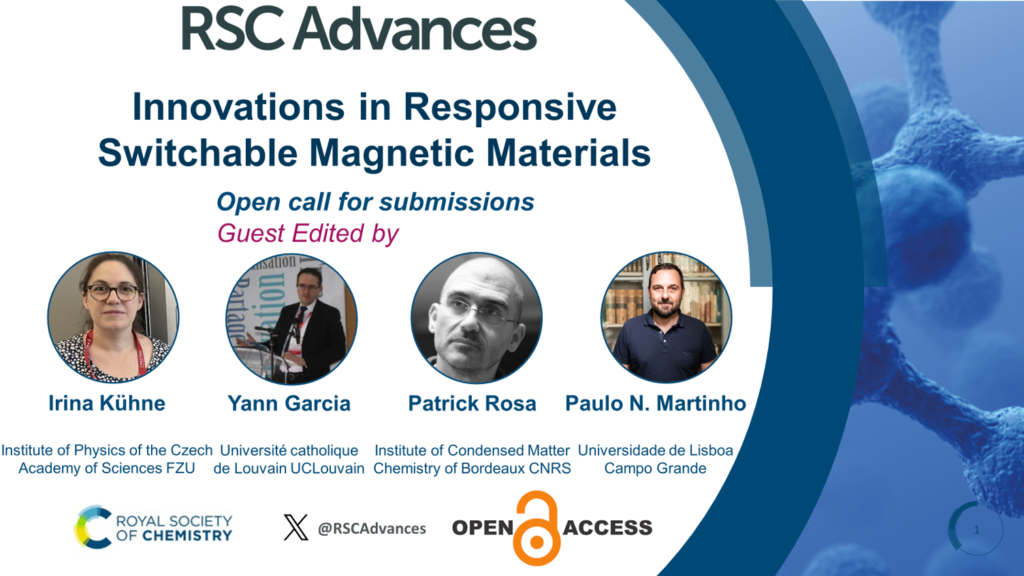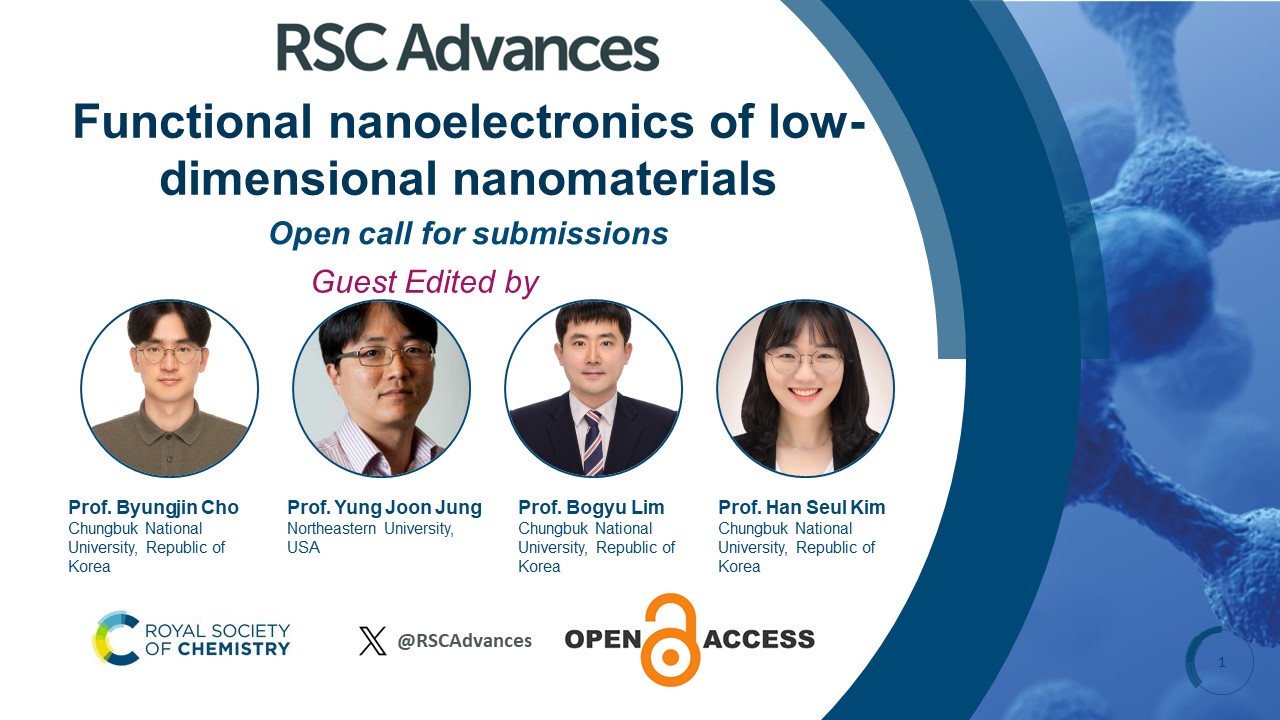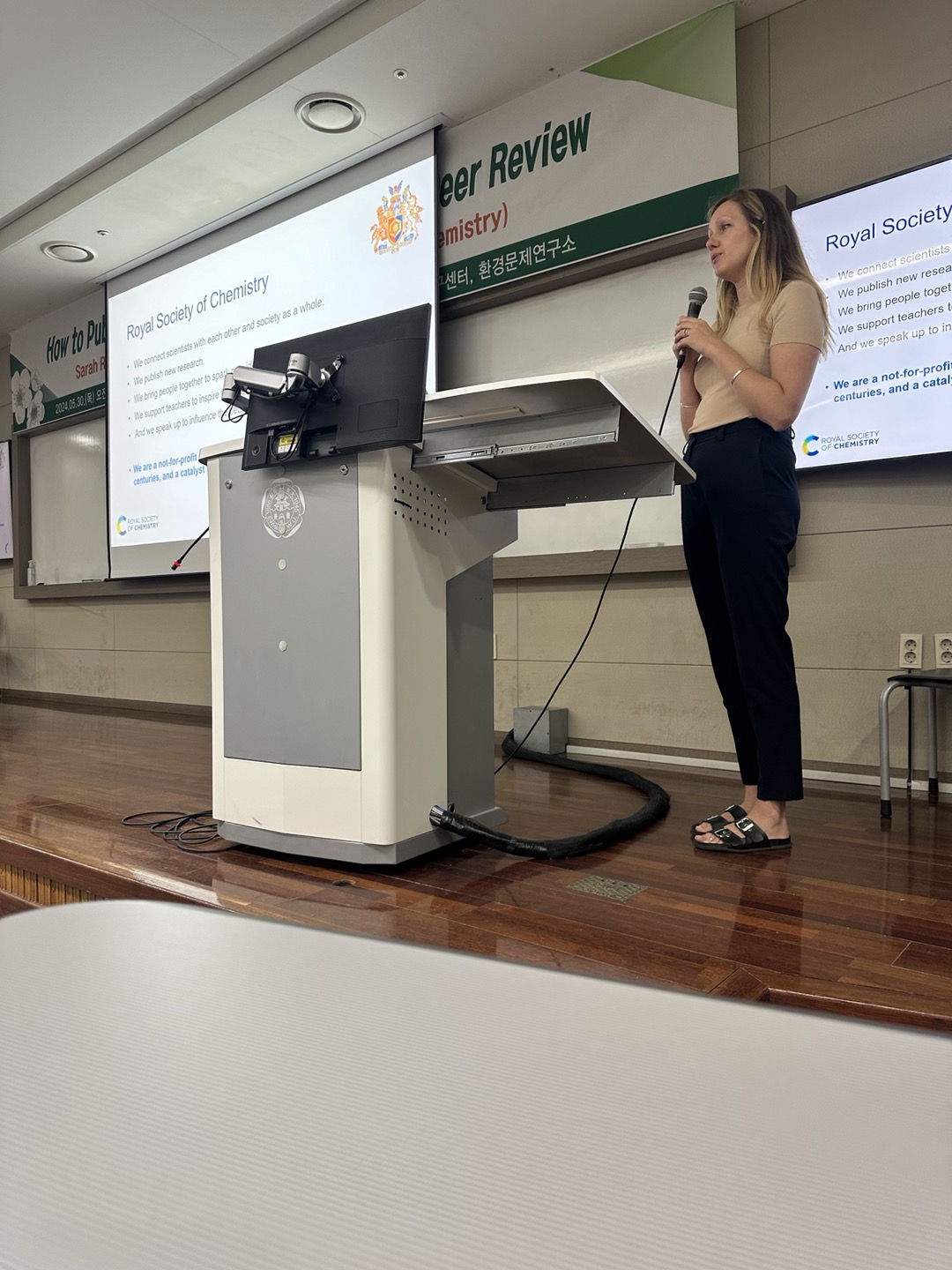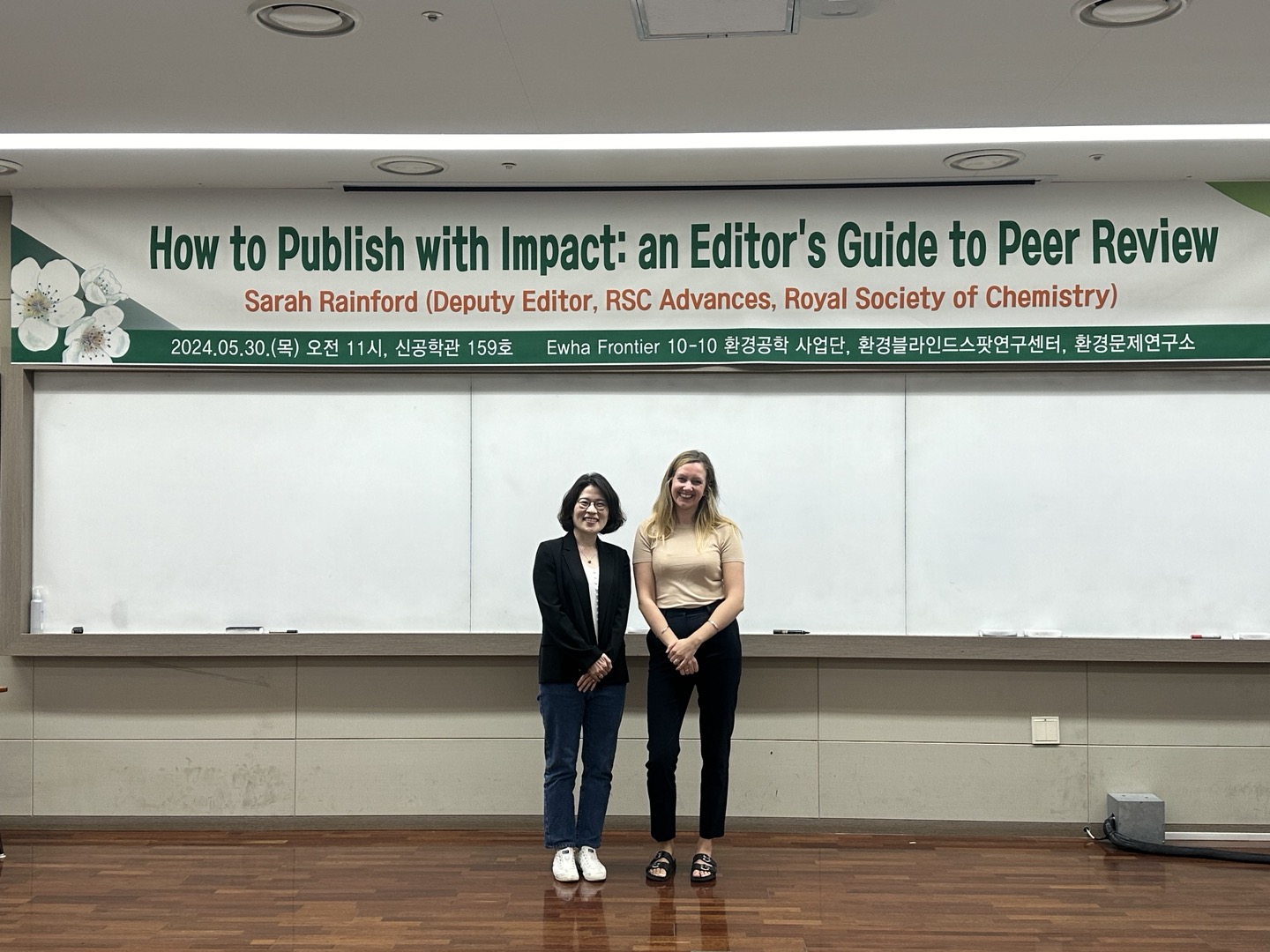RSC Advances is delighted to announce innovations in responsive switchable magnetic materials, a new themed collection.
This collection is Guest Edited by Irina Kühne (Institute of Physics of the Czech Academy of Sciences FZU, Czech Republic), Yann Garcia (Université catholique de Louvain UCLouvain, Belgium), Patrick Rosa (Institute of Condensed Matter Chemistry of Bordeaux CNRS, France) and Paulo Nuno Martinho (Universidade de Lisboa Campo Grande, Portugal).
This themed collection in RSC Advances aims to develop our current knowledge of responsive switchable magnetic materials, offering opportunities for the development of technologies.
Spin crossover (SCO) compounds are a unique class of materials characterised by their ability to switch between two spin states, low-spin and high-spin. This switching occurs in response to external stimuli, such as temperature, pressure, magnetic and electric fields, or light. The transition is often accompanied by dramatic changes in the physical properties of the material, making SCO compounds highly desirable for applications in sensors, data storage, and smart materials. The study of SCO materials is at the forefront of materials science, offering opportunities for the development of responsive and adaptive technologies.
Current challenges in the field of SCO materials include achieving precise control over the SCO phenomenon and developing scalable synthetic methods for SCO compounds. Opportunities lie in the integration of SCO materials into nanotechnology and electronics, exploring new stimuli-responsive mechanisms, and using their unique properties for applications in smart devices, data storage, and sensing technologies. Advances in computational studies also offer opportunities to predict and design materials with well-defined properties.
Research topics of interest:
• Synthesis and characterisation of responsive switchable magnetic materials.
• Studies on the mechanisms of responsiveness and switching behaviour at the molecular or material level.
• Development and optimisation of fabrication techniques for scalable production.
• Integration of responsive magnetic materials into devices and systems.
• Theoretical and computational studies to predict and optimise the behaviour of switchable magnetic materials.
• Review articles that summarise recent advances, challenges, and future directions in the field.
We welcome your submission to the series.
Submission deadline: 30th November 2024
Submit your article to this collection
Both Papers and Review articles will be considered for this themed collection. All submissions will be subject to an initial assessment by Associate Editors and, if suitable for the journal, they will be subject to rigorous peer review to meet the usual high standards of RSC Advances.
RSC Advances’ article processing charge (APC) is among the lowest in chemistry and waivers are also available for authors who meet the eligibility criteria outlined here. We have a number of Read & Publish deals in place with institutions, please see Chronoshub for more information on specific institutions and funders.
If you would like to submit to this themed collection the manuscript should be prepared according to our article guidelines and submitted via our online system any time before the submission deadline of 30th November 2024. During submission, authors will be asked if they are submitting for a themed collection and should include the name of the themed collection. If you would like to submit but require additional time to prepare your article, please do let us know by contacting the journal.
Submit to RSC Advances today! Check out our author guidelines for information on our article types or find out more about the advantages of publishing in a Royal Society of Chemistry journal.
Keep up to date with our latest Popular Advances, Reviews, Collections & more by following us on X. You can also keep informed by signing up to our E-Alerts.

















